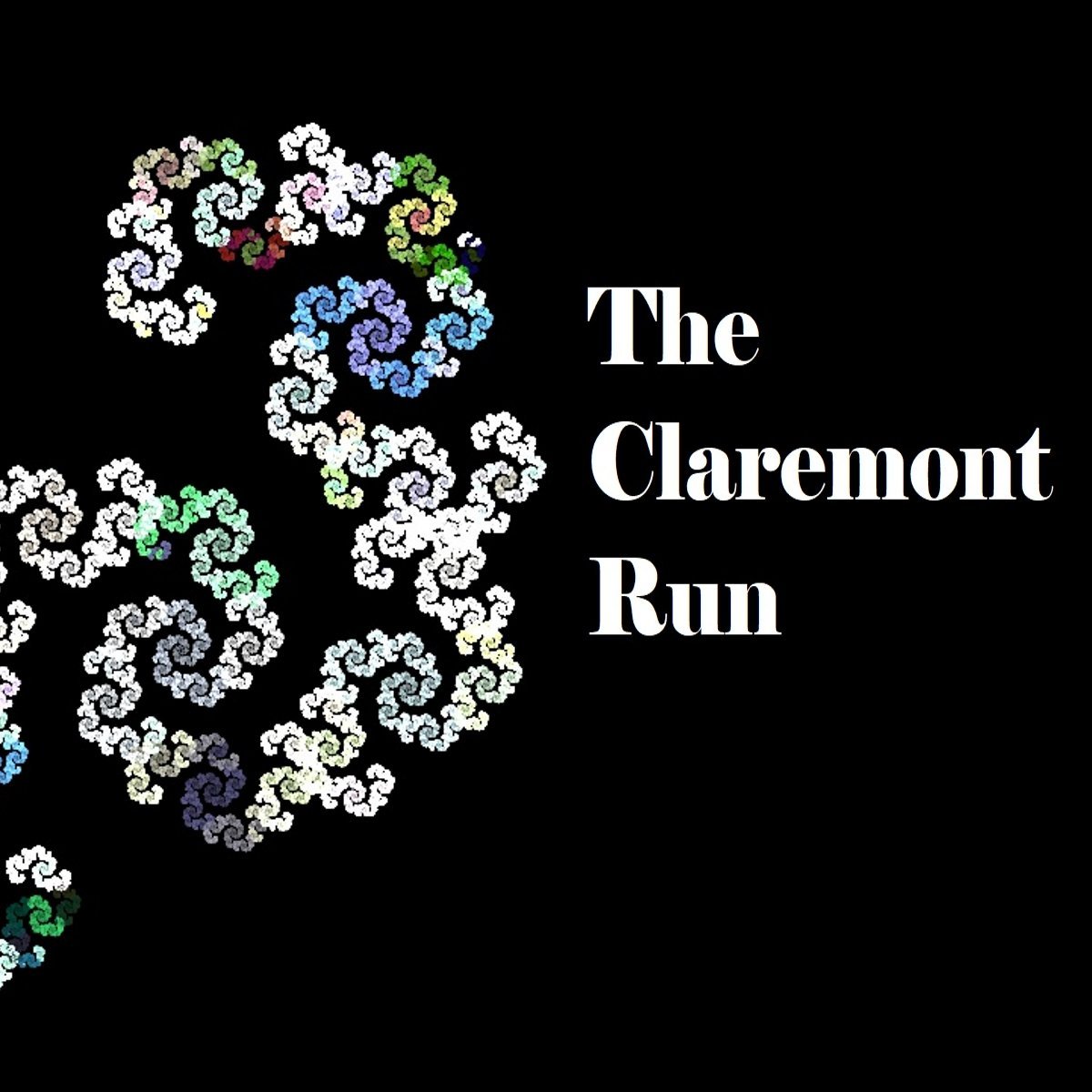In it’s (almost) final transformation, the apparition becomes Kitty Pryde, a heartwarming reminder of their bond and the mutual understanding of a rare shared inner-strength between them that has always defined that relationship, despite their surface differences. 10/14
Sabretooth won’t let Logan die because Sabretooth wants the honor of killing him (at this point in time, Sabretooth was intended to be eventually revealed as Logan’s father). Ogun won’t let him die dishonourably. Ironically, Logan’s greatest nemeses buoy him to overcome. 9/14
In the end, the trial of Magneto is about personal absolution and atonement, rather than legal accountability. It’s a display of character evolution that both X and long-time X-Men readers needed to see in order to allow the next stage of Magneto’s evolution as a character. 8/8
First (and perhaps foremost), Magneto demonstrates a willingness to answer for his crimes – to be held accountable in the eyes of both international law and human society – a big step, considering his lack of faith in human institutions. 3/8
The judge, then, is obviously Xavier himself. Throughout the course of the issue, X witnesses his old friend demonstrate the exact qualities that Xavier needed to see in order to trust that Magneto had truly reformed. 2/8
From an IP-building standpoint, a team book with a rotating cast of character is counter-productive and (presumably) alienating to the audience’s character attachments, but it might focus the reader’s attention and empathy upon the broader ideology of the group. #xmen 1/9
It’s a dynamic narrative strategy, employed years before it was made famous in “The Empire Strikes Back,” and one that Claremont goes to quite often, presumably because it works. 5/5
We see this approach in key characters such as Cyclops/Havok, Wolverine, Nightcrawler, Rachel, Legion, and Rogue. In all instances Claremont uses the reader’s sense of family separation to generate both character sympathy and intense narrative anticipation. 2/5
Furthermore, Gateway’s implicit authority over the land implies a validation of the X-Men’s presence upon it. Earning Gateway’s service characterizes the X-Men as welcome upon the land or even in harmony with nature. 6/8
As we’ve discussed elsewhere, Dani is an imperfect representation of contemporary Indigenous culture due to her tendency to fall into the trope of the “Magical Native American,” but genuine progress in representation is often incremental, and Dani is a big step. 2/6











